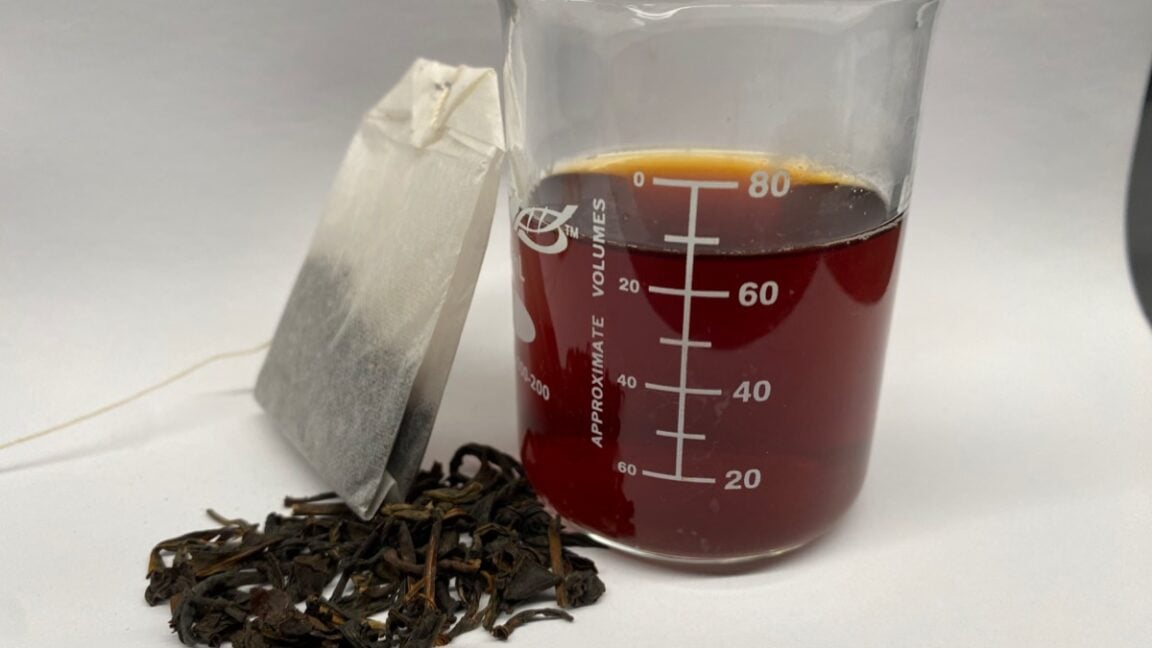- cross-posted to:
- health
- [email protected]
- cross-posted to:
- health
- [email protected]
Most nutrition studies focus on things like polyphenols, caffeine, or other chemicals released during brewing, but such research overlooks a unique aspect of tea: unlike most food and drink, tea leaves are not directly consumed, and the brewing process allows tea leaves to adsorb chemicals as well as release them—most notably heavy metal toxins like lead, arsenic, or cadmium. (Adsorption is when a substance adheres to the surface of something; absorption is when a material takes in a substance.)
Well, maybe I’ll start drinking tea.



I’m glad I over- steep my tea, also started using loose leaf due to the microplastics found in many grocery store selections
Uhh, which brands use nylon tea bags please?
Not sure. If you’re following the guidelines suggested in the article you’ll want to avoid any plastic and look for paper/cellulose bags. It may say “Plastic-free” on the container.